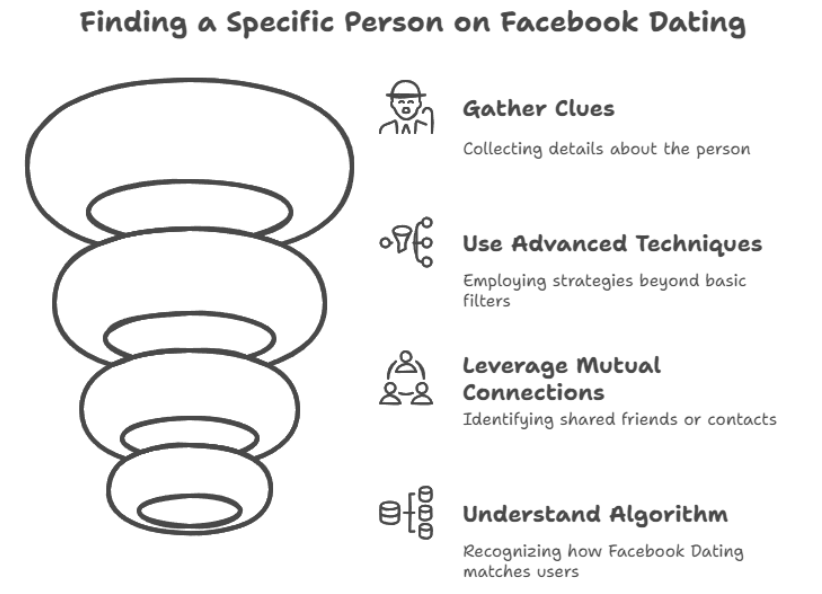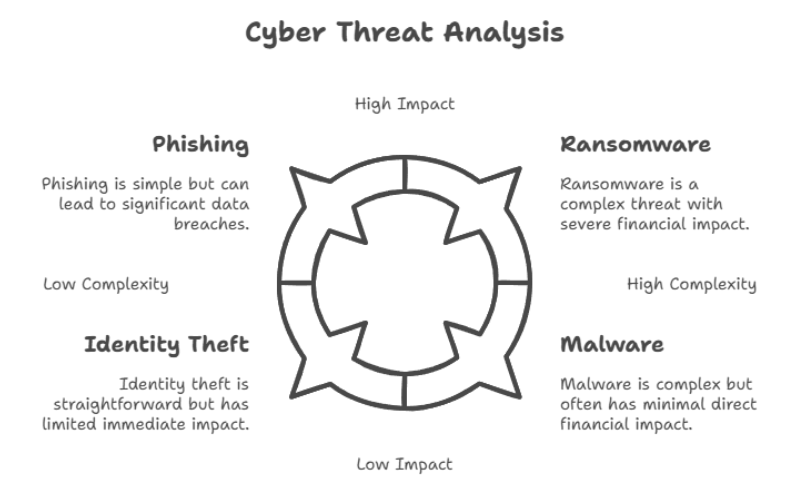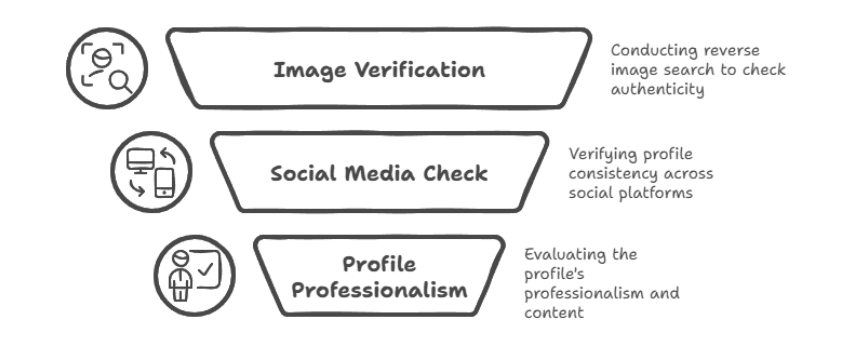
Ever met someone briefly – maybe at a coffee shop, a conference, or even just passing by – and felt that instant spark? You exchange names, and later you’re thinking, “Hey, I should check Facebook Dating!” But here’s the thing: Facebook Dating, even with millions of users, can be a real pain to find someone specific. The basic search filters? They sometimes feel like you’re trying to find a single grain of sand on a beach.
As someone who’s spent years digging through the online world to find people, I get it. I’ve seen the frustration when search options are slim. That’s why I’m here! I’m going to share some sneaky strategies I’ve developed to boost your chances of actually finding who you’re looking for on Facebook Dating. We’re going to go beyond those basic filters and use techniques that can help you cut through the noise and connect with people you genuinely want to meet.
Preparing For A Facebook Dating Search: Gathering Information
Why Information is Your Most Powerful Tool
ou jump headfirst into Facebook Dating, take a deep breath and gather your intelligence. Think of it as being a detective on a case. The more clues you have about the person, the better your chances of success. I always see how those who go into it knowing barely anything about a person are often disappointed.
I had a client once who wanted to reconnect with a guy she met at a photography workshop. She only remembered his first name and that he did landscape photography. Sounded impossible! But then she remembered he mentioned working at a specific local camera store. That tiny detail cracked the case! I found his LinkedIn, confirmed his ID, then found his Facebook Dating profile.
Key Details to Collect
So, what information should you be looking for? Think of it as a digital profile of the person you’re trying to find. The more details, the better:
- Name (and nicknames!)
- Approximate age
- Current and past locations
- Job and education
- Hobbies and interests
- Mutual friends, or any pre-existing connections
Even seemingly insignificant details can make a huge difference. Don’t underestimate that fuzzy memory of them mentioning their favorite band – it could be the key!
Understanding Facebook Dating’s Real Search Limitations
How the Facebook Dating Algorithm Works (and Doesn’t Work)
You’ve got to understand that Facebook Dating isn’t like Google. It isn’t designed to be a hardcore search engine. The Facebook Dating algorithm is primarily a matching system, making connections based on factors like location (being nearby is a big one!), your stated preferences (age, gender, interests), and your activity on Facebook (groups, likes, pages). You can’t just plop in a name and search directly.
The algorithm’s goal is to link you up with people who are likely to be a good match. Great for discovering new profiles, but not so great for finding someone specific. Understanding the matching system is key.
Common Misconceptions About Facebook Dating Search
One of the biggest myths is that you can do an “advanced search” with specific keywords. Sorry to burst your bubble, but that’s just not true. It offers very limited search.
Another myth is that everyone on Facebook appears on you Facebook Dating list of profiles. While it does uses your Facebook network, profiles are separate. Facebook also allows you to invite people to join, even if they don’t have a profile yet. So, even if someone doesn’t use or has never used it before, you can still encounter their Facebook profile.
Leveraging Facebook’s General Search
Finding Clues on Regular Facebook
Even if you can’t directly search within Facebook Dating, use a plain old Facebook search. Often, a person’s regular Facebook profile can give you valuable clues to help you find them on Dating. Check their city, job, education, especially their interests.
Think of it as a reconnaissance mission to confirm information and aid in your search process. By confirming their location and hobbies, you can tighten up your filters accurately. Also, finding out about these profiles can assist in finding ones that are harder to discover.
Using Mutual Connections to Your Advantage
Your Facebook connections could give you that boost that you need! Their accounts can give insights into the profile, which could ultimately confirm if they are on Facebook Dating.
There was a client who was searching for someone who she had first met at a conference. They had already established mutual connections. I advised discreetly inquiring with friends that knew her to ask whether they had encountered the person while using Facebook Dating.
Joining Facebook Groups to Find Profiles
Don’t forget about Facebook Groups ! Finding communities that share the person’s passions, can be a great to find them on the list.
Let’s say the person to be found is passionate about hiking. By locating the group of hikers from his local community, it will raise the chances of coming across him.
Direct vs. Indirect Approaches on Facebook Dating
Maximizing Facebook Dating Filters
Even though the Facebook Dating filters aren’t robust, they are still your the simplest means of narrowing down the profiles. Starting with location and age are essential!
For example, finding religious interests, will filter in terms of religion. These tips, like location and age, drastic drop the number of accounts on the social network that will need to be combed through. Also, due to Facebook using GPS to establish location, it becomes harder to locate people who aren’t necessarily nearby. Expanding to other states and countries might be a helpful method.
The “Indirect” Approach: Becoming Discoverable
Sometimes, you can let them find you, becoming more visible on the app. This means, optimizing your profile to attract the attention from people of similar tastes.
Think of it as an advertisement – make sure that the reader is entertained by the social media account. The more they’re enticed, and impressed for that matter, the more are likely to click the profile!
Troubleshooting and Alternative Methods
When Your Search Hits a Dead End
Let’s be honest- after all that, it may be impossible to find a specific profile on Facebook . They might have deleted it, changed their name, or not have been using it, as stated before. It is essential to find a way to cope and recognize this possibility.
Prioritize your well-being when it comes to being consumed by the pursuit. Be sure to balance any online searching with everyday activities, and that obsession is not a factor for you.
Exploring Other Dating Apps (and Why They Might Be Better)
As I don’t want to steer you away completely, some specialized websites can cater exclusively to the interests you have, increasing your odds. Do some studies, and find what suits it.
Protecting Your Privacy (and Theirs): Ethical Considerations
Respecting Boundaries and Avoiding Stalking
Consider what would be ethical! Respecting profile privacy is vitally important. Under any circumstances must the search efforts go outside the boundary, such as stalking or harassment.
Repeatedly communicating with those who have not engaged in conversation, creating fake profiles, tracking with consent, are all a few examples of what is not to repeat. Your goal is to reconnect – not to be a digital stalker. You must respect the set boundaries – even ones online.
The Risks of Over-Searching
There are, of course, downsides to an exhaustive search.
I took part in a specific case study where a person was so exhausted and emotionally drained searching for their flame that they had even abandoned basic self-care. Their pursuit had backfired and even damaged the person’s reputation.
Finding someone specific on Facebook Dating can be tough, but the odds of success may increase by understanding the limitations, gathering information in a detailed fashion, and utilizing both – direct and indirect methods.
The processes that I’ve mentioned are tools, which are used in a safe and ethical manner. Facebook Dating has the element of “chance”, meaning it’s not necessarily a means to be used as a directory.


